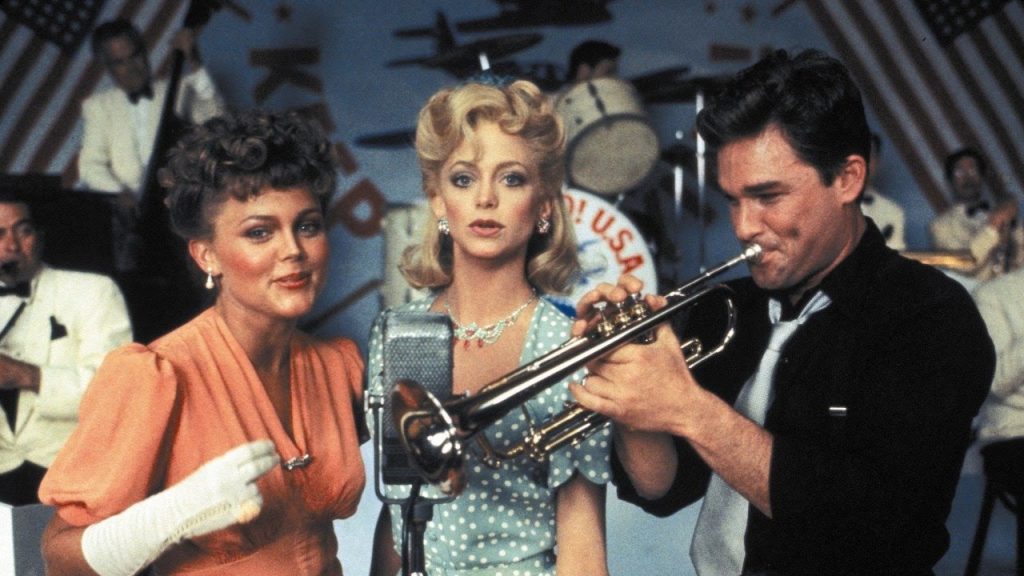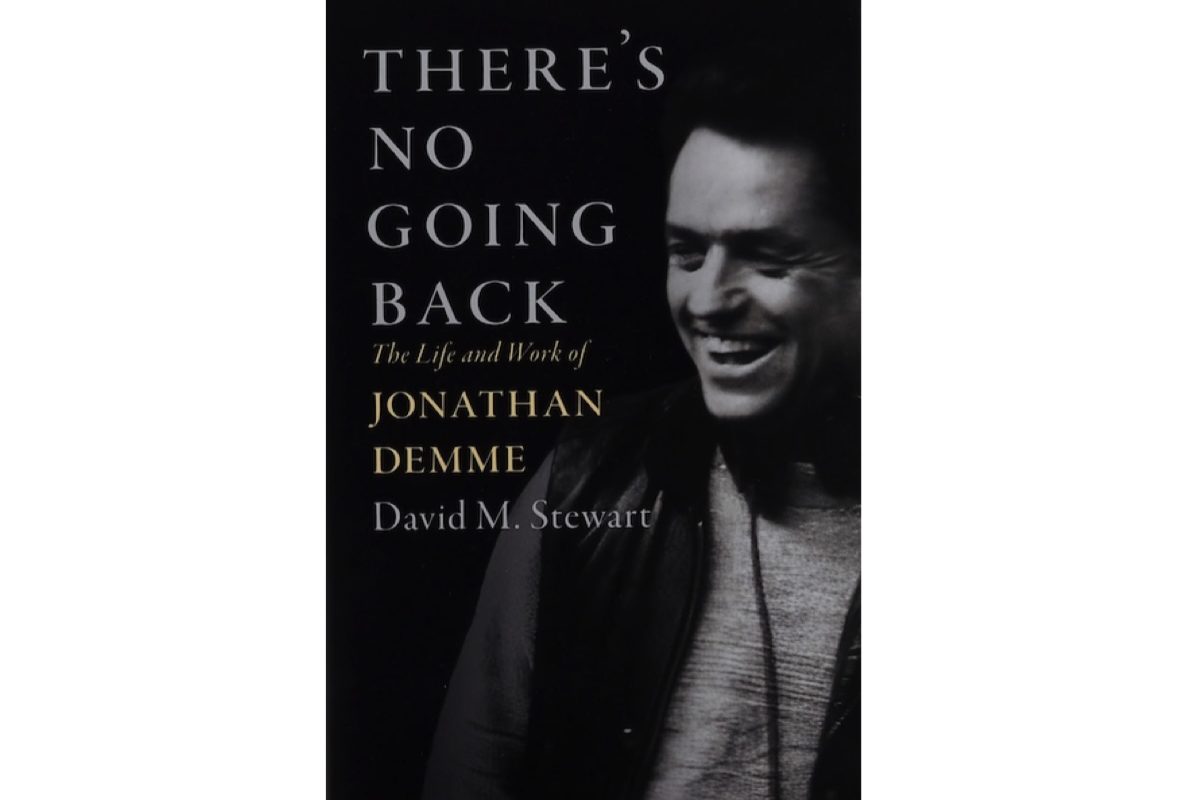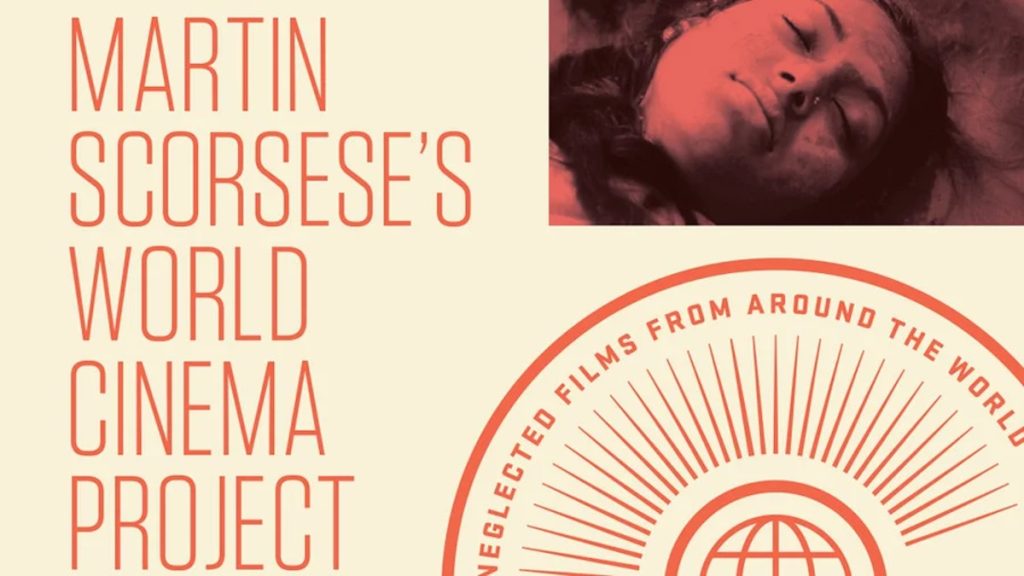Upstart indie distributor A24’s savvily marketed 2023 re-release of Jonathan Demme’s Stop Making Sense grossed more than $5 million that fall, turning the 39-year-old Talking Heads concert film into an arthouse phenomenon all over again, earning the band a whole new generation of fans and even beating Best Picture nominee Anatomy of a Fall at the U.S. box office. Demme was suddenly the hottest dead director in town. But considering how the filmmaker had once reached the critical and commercial pinnacle of his profession – the director’s (nearly) universally adored 1991 masterpiece The Silence of the Lambs swept the Oscars’ five top categories and made a bazillion dollars – Boston area film professor David M. Stewart was surprised to find nobody had written a Demme biography.
“Apart from a selection of interviews published by the University of Mississippi, I think there was one book written in the mid ‘90s, and it didn’t go into depth on his biographical details,” says Stewart. Hence There’s No Going Back: The Life and Work of Jonathan Demme, which the author freely admits is “not a definitive biography.” Stewart prefers to call it “an investigative labor of love… writing about his life in terms of those who managed to be in his orbit. The 40 or so people I reached out to were very magnanimous in sharing their experiences of working with Jonathan and helping to understand who he was behind the camera.”
It’s a brisk read – 198 pages not counting indexes and acknowledgments – perhaps too quickly charting the ups and downs of a professional life that, like so many others of his generation, began on Roger Corman’s exploitation assembly line before unexpectedly ascending to the heights of a studio system where Demme often struggled as wildly as he succeeded. The filmmaker spent long stretches of his career on the outs with Hollywood, periodically recharging his passions with documentaries and performance films. Stewart hopes the book will be more like a starting point than the final word on this unique American artist. It’s high time for such a project, because while one can’t exactly describe an Oscar-winner as an underappreciated filmmaker, it does feel a little like we take Jonathan Demme for granted.
A friend of mine likes to say that there are no extras in Jonathan Demme films, and what makes this body of work so singular is the care and attention the director lavished upon everyone who walked in front of his camera. Think of all the oddballs and eccentric day players populating the sidelines of movies like Melvin and Howard or Something Wild. These are the kinds of pictures where if the main characters stop at a store, the shopkeeper is going to have a whole story of his own going on. They’re funny and generous films, warm in a way that can’t be faked. The sets are cluttered like people actually live there, the mismatched thrift shop fashions messy the way life is. Demme was a rare filmmaker who actually seemed to like people.
“He loved performers,” says Stewart. “Jonathan really had this appreciation for any actor he saw, whether at the Wooster Group or the Public Theatre, along with musicians he saw at the Mudd Club or CBGB. He wasn’t a fan of the whole rehearsal process so much as he enjoyed the spontaneity of what they could bring. Jonathan saw aspects of people that he managed to draw out in the most authentic ways. It was an unobtrusive look at an individual, rather than just a character on a page.”
From his first Corman films Caged Heat and Crazy Mama to the wonderful late-period domestic dramas Rachel Getting Married and Ricki and the Flash, Demme was always attracted to stories about strong women. It’s ironic then, that his two biggest Hollywood setbacks came from disagreements with female power players. First, Demme was fired from 1984’s Swing Shift due to producer-star Goldie Hawn’s dissatisfaction with his initial edit. The director famously bailed on reshoots and fled to the embrace of downtown NYC bohemia, where Stop Making Sense, Something Wild and Swimming to Cambodia would restart his career anew.

Demme’s original cut of Swing Shift has been floating around extra-legally for eons, and it’s way more of an ensemble piece than the version Warner Bros. eventually released, allowing Hawn to be a much more difficult character than the Private Benjamin star had been playing up to that point. Stewart is politely sympathetic to the actress’ concerns about her image, while other critics, like yours truly, still believe Hawn butchered the movie because of how much she was being upstaged by co-star Christine Lahti, who runs away with Demme’s edit. (Lahti nonetheless received a Best Supporting Actress nomination for the truncated release version. That must have stung.)
1998’s Beloved was the most high-profile bomb of Demme’s career, and while Stewart doesn’t get too dishy about the director’s dust-ups with Oprah Winfrey on the set of the troubled Toni Morrison adaptation, there’s plenty of tension between the lines. The film’s abysmal box office has often been attributed to the American public’s unwillingness to confront the horrors of slavery, but whether a Demme superfan or Oprah enthusiast, one must admit the movie is an arduous sit. Interestingly, Winfrey tells Stewart that Demme contacted her in 2012 about possibly re-releasing Beloved, saying that he felt like times had changed enough that the public was finally ready for the film. Winfrey demurred, saying she didn’t want to go through all that rejection again. Now she concedes he may have been right, as 12 Years a Slave won Best Picture the following year.
What emerges from the book as a man who saw himself as a work in progress, not always right but always willing to listen. Most notable is Demme’s reaction to criticisms of The Silence of the Lambs as homophobic. Members of GLADD protested outside the New York Film Critics Circle awards dinner that year, handing out leaflets decrying the depiction of gay characters in mainstream films. During his acceptance speech, Demme said, “I don’t know if any of you were aware of these leaflets that were passed out. I think that was extremely gracefully done, and I think we should all read these and pay very close attention to the message because Hollywood has been guilty.”
In response, the director cashed in his post-Silence clout to make Philadelphia, the first major studio movie to confront the AIDS epidemic. At the time, some of us sophisticates scoffed and called the film overly sanitized and simplistic. But it’s impossible to deny how many hearts it touched, and the film continues to make a lasting impression. Ten years after Philadelphia’s release, a movie-mad teen named Dave Stewart watched it on home video and joined his high school’s Gay-Straight Alliance the next day.
“Jonathan Demme once described filmmaking as a process of conducting your education in public,” the author notes, “and I feel like I’ve conducted my education in public by writing this book.”
There’s No Going Back: The Life and Work of Jonathan Demme is now in bookstores.



